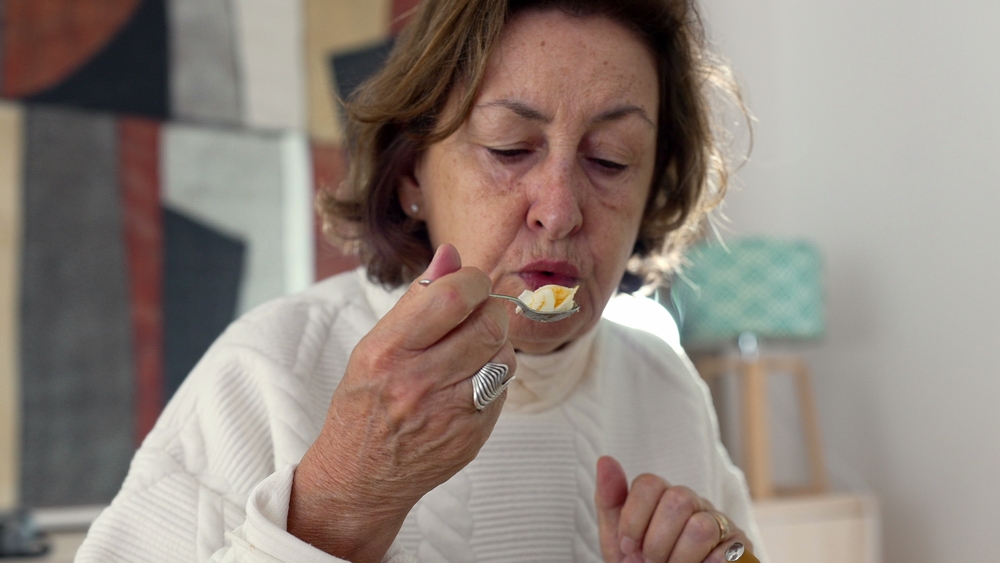Low Sodium Levels in the Elderly
Category:

Low Sodium Levels in the Elderly
When blood sodium levels become dangerously low, a condition called hyponatremia can occur. Sodium is an electrolyte that helps regulate the amount of water in your cells and the surrounding tissue.
It is important to know what causes low sodium in the elderly so the condition can be monitored and treated as soon as symptoms appear.
Low sodium in the elderly can lead to other medical conditions such as a rise in blood pressure, a weakening of muscle tissue, and an imbalance body fluid, lethargy, confusion, and even seizures if it is left untreated.
What Causes Low Sodium in Elderly People?
- Medications such as diuretics, some types of antidepressants, and anti-seizure medications.
- Underactive thyroid or adrenal glands
- Certain cancers, such as lung cancer
- Decreased liver, heart, or kidney function.
- Urinary tract infections
- Illnesses that can cause dehydration such as pneumonia.
What are Normal Sodium Levels in the Elderly?
Disturbances in water and electrolyte balances often occur in the elderly. A normal sodium level is between 135-145 milliequivalents per liter (mEq/L). A reading below 135 mEq/L indicates hyponatremia or low sodium.
Chronic low sodium in elderly people can be problematic because they are more likely to take medications or have medical conditions that put them at risk for the condition.
Download Our Healthy Aging Diet Guide
Why do Sodium Levels Drop in the Elderly?
There can be other causes of low sodium in elderly people, such as underlying conditions or habits that cause sodium levels to drop. Let’s take a look at some of those.
- Drinking too much water. (Yes, too much water in the body can dilute sodium levels in the bloodstream.)
- Hormone disorders such as Addison’s Disease or hypothyroidism.
- Intense exercise may cause excessive consumption of water too quickly.
- Nausea, vomiting, or diarrhea as the result of an illness.
- Congestive heart failure
- Kidney failure
What are the Symptoms of Low Sodium Levels in the Elderly?
- Nausea with vomiting
- Fatigue
- Confusion
- Headache
- Muscle cramps or weakness
- Irritability
- Restlessness
- Loss of energy
- Seizures
- In severe cases, even a coma
How to Increase Sodium Levels in Elderly People
- Adjust or change medications.
- Cut back on water and fluid consumption.
- Seek treatment for underlying conditions or diseases.
- Eat foods that are high in sodium.
- Increase dietary protein to aid in water excretion.
- Infusing an intravenous sodium solution.
Hyponatremia is the most common chemical abnormality seen in patients admitted to the hospital. Elderly patients are at a higher risk for the condition and often suffer from chronic low sodium levels.
You can lower your risk of hyponatremia by being aware of the symptoms and causes, following your medical treatment plan, and restricting your fluid intake as recommended by your doctor.
Be sure to notify your physician if you experience any of the symptoms listed above, so you can receive interventional treatments before the condition progresses. If sodium levels drop too much or too quickly, hyponatremia can quickly become life-threatening.
Therapy may be short-term or long-term, but with early diagnosis and treatment, most people can fully recover from hyponatremia.
Subscribe
Date: 2021-07-08
Category:


